Cloud Certified Space Security Engineer™ (CCSSE™)
Learn about CCSSE program
- Length: 2 days
- Instructor led
- Online, onsite and Live online
The Cloud Certified Space Security Engineer™ (CCSSE™) Certification Course by Tonex is a cutting-edge program meticulously crafted for professionals aspiring to specialize in securing cloud-based technologies within the unique context of space exploration. This course combines cloud security expertise with the complexities of space missions, offering a comprehensive understanding of safeguarding data and infrastructure in the cosmic environment.
Learning Objectives: Upon completion of the CCSSE Certification Course, participants will:
- Understand the unique challenges and opportunities presented by the integration of cloud computing with space systems.
- Identify and analyze cybersecurity threats specific to space systems and cloud-based infrastructures.
- Apply best practices in cloud security to protect space-related data and infrastructure.
- Design secure architectures for space missions leveraging cloud technologies.
- Implement and manage cloud-based solutions for processing, storing, and analyzing space data securely.
- Prepare for and respond to cybersecurity incidents affecting cloud-hosted space assets.
- Navigate the policy and regulatory landscape relevant to space systems and cloud computing.
Intended Audience:
This certification is designed for professionals at the intersection of cybersecurity, cloud computing, and space operations, including:
- Aerospace engineers interested in cloud integration.
- Cybersecurity professionals focusing on space systems.
- Cloud architects and engineers looking to specialize in space applications.
- IT professionals in the aerospace industry.
- Government and military personnel involved in national security space operations.
Program Coverage:
Day 1: Introduction to Space Systems and Cloud Computing
- Morning: Overview of space systems; understanding satellites, ground stations, and communication links.
- Afternoon: Fundamentals of cloud computing; exploring service models and cloud providers.
Day 2: Cybersecurity in Space Systems and Cloud Environments
- Morning: Space-specific cybersecurity challenges; threats, vulnerabilities, and countermeasures.
- Afternoon: Cloud security best practices; focus on identity management, data encryption, and network security.
Day 3: Designing Secure Systems for Space Missions
- Morning: Integrating cloud technologies in space missions; architecture and design principles.
- Afternoon: Hands-on lab; designing a secure cloud-based solution for a hypothetical space mission.
Day 4: Operational Security, Policy, and Incident Response
- Morning: Managing and defending cloud-hosted space assets; operational security strategies.
- Afternoon: Policy, regulation, and compliance; incident response and recovery planning. Certification examination.
Exam Domains:
Cloud Security Fundamentals:
- Understanding of basic cloud computing concepts.
- Knowledge of cloud service models (IaaS, PaaS, SaaS) and deployment models (public, private, hybrid, community).
- Awareness of common security threats and vulnerabilities in cloud environments.
Cloud Security Architecture:
- Designing secure cloud architectures.
- Implementing identity and access management (IAM) controls.
- Secure data storage and encryption strategies.
- Network security in cloud environments.
Cloud Compliance and Governance:
- Understanding regulatory compliance requirements (e.g., GDPR, HIPAA, PCI DSS) in cloud environments.
- Implementing security controls to meet compliance standards.
- Cloud governance frameworks and best practices.
Incident Response and Disaster Recovery in the Cloud:
- Developing incident response plans for cloud environments.
- Implementing monitoring and logging solutions.
- Disaster recovery strategies and business continuity planning for cloud services.
Advanced Cloud Security Topics:
- Container security.
- Serverless security.
- DevSecOps practices.
- Security automation and orchestration in the cloud.
Question Types:
Multiple Choice Questions (MCQs):
- Test basic knowledge and understanding of concepts.
- Example: “Which of the following is NOT a common cloud deployment model?”
Scenario-based Questions:
- Present real-world scenarios and ask how to address security concerns.
- Example: “You are tasked with designing a secure architecture for a multi-tenant cloud environment. What security measures would you implement to ensure isolation between tenants?”
Hands-on Lab Exercises:
- Practical tasks requiring candidates to demonstrate their ability to implement security controls in a cloud environment.
- Example: “Configure IAM policies to restrict access to a specific S3 bucket based on user roles.”
Essay Questions:
- Require candidates to provide detailed explanations or solutions to complex security problems.
- Example: “Discuss the advantages and disadvantages of using encryption-at-rest versus encryption-in-transit in a cloud environment.”
Passing Criteria:
- Passing Score: To pass the CCSSE exam, candidates must achieve a minimum passing score of 70%.
- Performance in Each Domain: Candidates must demonstrate proficiency across all exam domains, with no domain scoring below a specified threshold (e.g., 60%).
- Hands-on Lab Exercises: Candidates must successfully complete a minimum number of hands-on lab exercises to demonstrate practical skills in cloud security implementation.
- No Major Security Violations: Candidates must not demonstrate any major security violations or breaches during the exam.
The CCSSE exam aims to assess candidates’ knowledge, skills, and abilities to design, implement, and manage secure cloud environments effectively.
Need help? Contact us
